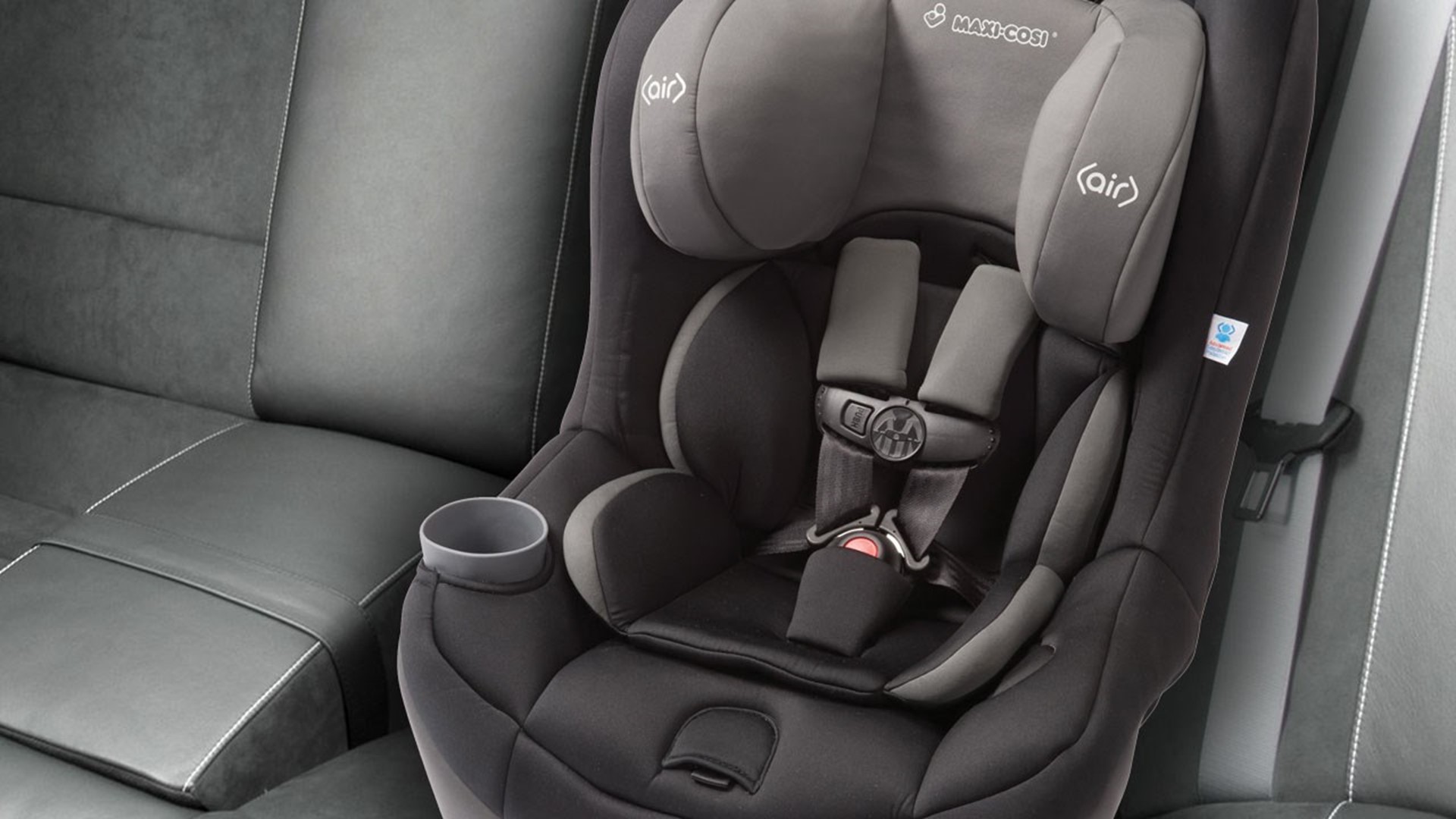ATLANTA — Over the past two years, people have slowly started to return to their daily routines. Unfortunately, experts say this has caused the number of hot car child deaths in Georgia to rise again. Currently, the Peach State is leading the nation in hot car deaths, accounting for three of the nine that have occurred across the country this year.
Since 1998, a total of 916 children have died in the U.S. from being left in a hot car, according to NoHeatStroke.org. Data shows that Georgia has the fifth-highest number of these deaths, also known as Preventative Vehicular Heatstroke.
However, Children’s Healthcare of Atlanta says pediatric deaths from cars are 100% preventable.
Michelle Walker is a pediatric nurse and the manager of Child Advocacy Programs at Children’s Healthcare of Atlanta Strong4Life. She told 11Alive the dangers that can come when a child is left in the car.
“A child can't regulate their body temperature as well as an adult,” Walker explained. "A child's body temperature tends to rise three to five times faster than an adult's."
She added that it only takes 10 minutes for the temperature in a car to rise 20 degrees. So, on an average summer day -- even if a parent thinks leaving a child in a car will be okay -- it can be fatal.
“It's never safe to leave your child in the car, even just for a few minutes, even with the window cracked,” Walker said. “On an 80-degree day, the inside of your car can hit 93 degrees very, very quickly. And once your body hits, once a child's body hits 104 degrees, heat stroke can set in, and organs can start to shut down at about 170 degrees.”
In 2020 and 2021, Georgia saw zero child deaths from hot cars, but Walker said those numbers can be explained by not many people being out during the pandemic. Even though more people feel comfortable being outside again, Walker believes parents have changed.
“I think everything that we did before has changed and parents are in a hurry. Parents are stressed. Parents are running around. Parents think that it's okay to just run into a store really quick,” she said. “Maybe they don't want to get their child out of the car, maybe expose them to anything in the store and thinking that just a few minutes is okay, and then they get stuck in the store or they get stuck wherever they were running their errand - and unfortunately, the child just gets left behind.”
To prevent more of these tragedies, Walker recommended parents take a few extra steps when traveling in the car with their children.
“We recommend always leaving a toy either in the front seat or maybe your cell phone in the backseat,” Walker said. “Another common tip is making sure to take off your left shoe and put that in the back seat so that you really have to check. You just always want to check your car before you get out. Check the back seats.”
She also recommended parents use curbside pick-up at stores to cut down on the hassle of getting out of the car with a small child.

